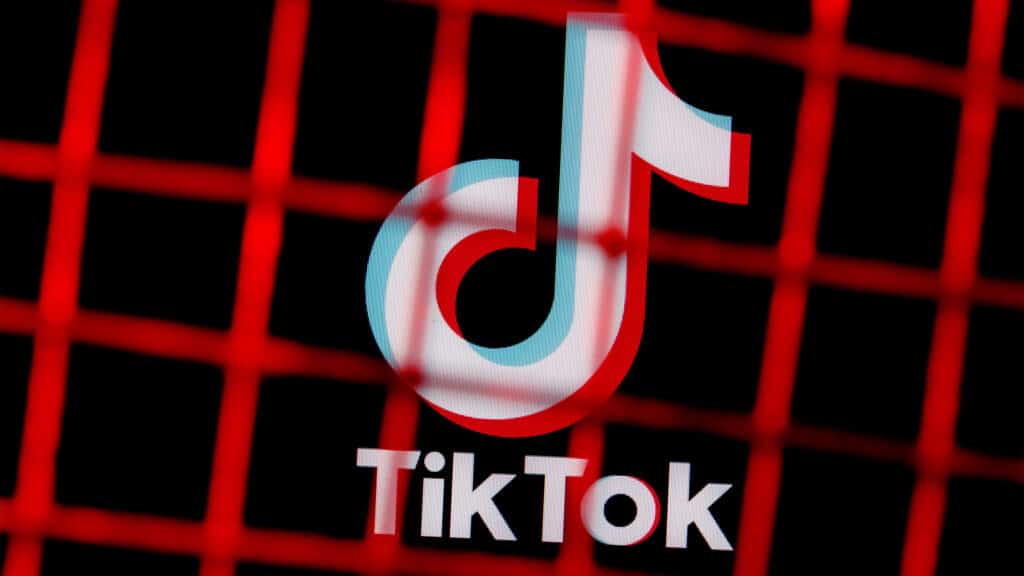A growing cohort of colleges and universities are flipping the script on the pandemic-era’s laissez-faire approach to standardized tests. Following MIT and Dartmouth’s lead, Yale and Brown universities are the latest institutions to announce the end of their test-optional approach, signaling a collective itch to reassess the value of these exams.
The pivot aims to reintroduce a measure of academic benchmarking that was momentarily deemed non-essential when classrooms morphed into Zoom meetings.
Brown’s provost Francis J. Doyle III reflected on the return of standardized metrics in a statement the university released Tuesday.
Consideration of test scores in the context of each student’s background will advance Brown’s commitment to academic excellence and the University’s focus on ensuring that talented students from the widest possible range of backgrounds can access a Brown education.
The broader educational landscape tells a tale of over 2,000 schools playing it cool with test-optional or outright test-free policies, per FairTest‘s tally. But Yale officials highlight a stark reality for those emerging from under-resourced schools, where students can “quickly exhaust the available course offerings, leaving only two or three rigorous classes in their senior year schedule.”
“With no test scores to supplement these components, applications from students attending these schools may leave admissions officers with scant evidence of their readiness for Yale,” the university said in its announcement of the policy change.
In a move that could be seen as either generous or indecisive, Cornell, Princeton, and Harvard have extended their test-optional policies, leaving the door ajar for further debate on the merit of standardized tests.
This discussion isn’t just academic navel-gazing; it’s underscored by concerns over fairness and equity. Research cited by The New York Times last year painted a picture of test scores climbing alongside parental income, adding fuel to the fire for critics like the National Education Association (NEA). A heavyweight in the education sector, the NEA champions a more holistic approach to evaluating students beyond the narrow confines of standardized testing.
In an era where the definition of fairness is as contested as ever, the move by Yale and its could be seen as a step backward by some or a necessary recalibration by others. As academia continues to grapple with these questions, students and educators alike are left navigating a landscape where the only constant seems to be change.



















